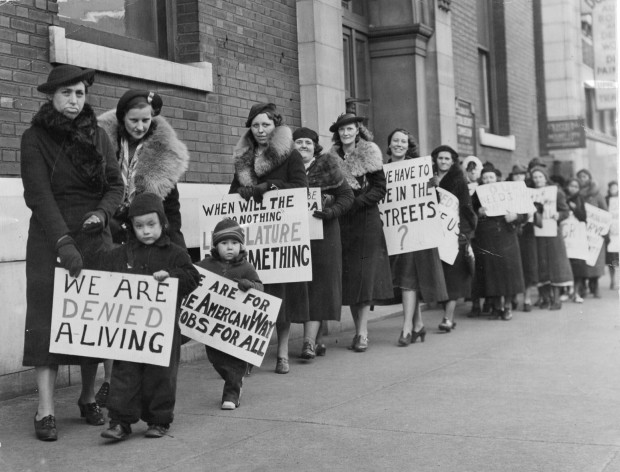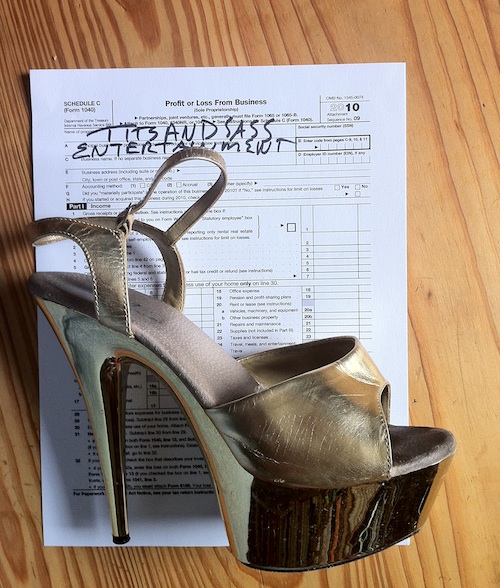by Jackie and Alex Jackie’s story, like that of so many, begins with domestic violence, violence she weathers with the help of her sex work. Her son’s father continuously uses abusive financial tactics, severing any ability she’s ever had to gain ground in her life. Her ten-year-long saga has kept her working under the table,… Continue reading Holy Shit: Adventures In Survival Sex Work And Stimulus Checks
Category: Money
Sex Workers: YOU CAN AND SHOULD REQUEST PANDEMIC RELIEF
So we’re about a month into strip clubs being shut down. Before that, most in-person sex workers had already been worried about the potential of getting or spreading COVID-19 (the illness caused by the coronavirus) at work, and probably noticed a significant dip in business. Most times we’d be SOL when it comes to accessing… Continue reading Sex Workers: YOU CAN AND SHOULD REQUEST PANDEMIC RELIEF
It’s A Good Idea To File Your Taxes
The filing deadline for your IRS tax return is Tuesday, April 18. You can file for an automatic extension with this form. In the last couple of weeks I’ve read sex workers on Facebook and Twitter talking about the difficulties they had in getting an apartment, qualifying for a car loan, and signing up for… Continue reading It’s A Good Idea To File Your Taxes
What the hell is going on with Backpage? Part II
Update: Backpage filed a federal suit today against Cook County Sheriff Tom Dart for violating its free speech and equal protection rights after the Sheriff successfully pressured credit card companies to break with the company this month. In the suit, Backpage requests a preliminary injury, so that credit card processing will be restored to the… Continue reading What the hell is going on with Backpage? Part II
Pop Quiz: Can You Do This Stripper Math?
This post originally appeared in Maggie McMuffin’s personal Tumblr, All Jazzed Up Like A Catsuit Monarchy. Here are ten basic problems that I frequently encounter at work. If they aren’t daily problems, they come up weekly or bi-weekly. Remember to show your work as it appears in your head because you will be doing this… Continue reading Pop Quiz: Can You Do This Stripper Math?




